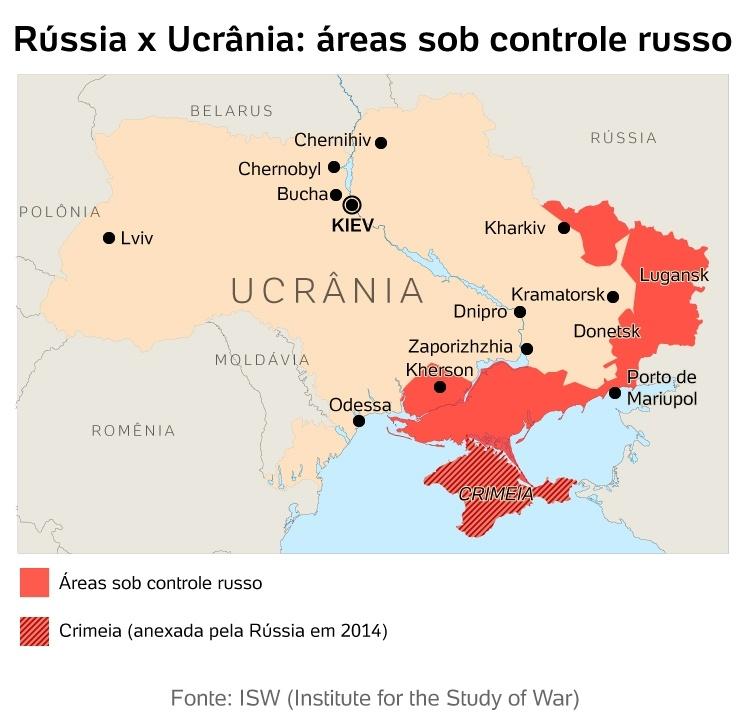French President Emmanuel Macron and Russian President Vladimir Putin haven’t spoken for two months, and that’s because, according to Moscow, France has now become an “enemy” country where negotiations are not “necessary”. The Kremlin’s statement on Friday 5 shows that there is a distance between the two heads of state, who have spoken on the phone several times since the beginning of the year.
The last official meeting between Putin and Macron took place on May 28, when the two leaders discussed the fate of Ukrainian soldiers arrested by the Russian army during the military operation in Ukraine with German Chancellor Olaf Scholz. .
Kremlin Spokesman Dmitry Peskov, justifying the long-term lack of contact between the two heads of state, said, “First of all, France is an enemy state in terms of its actions against our country.” .
“They don’t call each other because they think it’s not the right time, and now is just not necessary. If there is a need, they can call each other in a minute,” Peskov said.

long speeches
In February alone, there were five phone calls between Putin and Macron. On the 12th, before the Russian invasion, the French president had a 1 hour and 40 minute phone call with the Russian leader, in which he tried to de-escalate tensions on the Ukrainian borders.
On the 28th of the same month, their phone conversations revolved around Putin’s complaints about the Ukraine crisis that Russia’s demands were not heard by Western countries.
Macron personally went to Moscow on February 7 and met with Putin there. After a five-hour meeting in Moscow, the Russian leader announced at a press conference that the French president had presented several initiatives that deserved scrutiny.
Multiple contacts with Moscow led to criticism of the French president, who was accused of regularly exchanging views with the Kremlin chief before Russia could prevent it from launching an attack on Ukraine.
One such phone call between the two leaders was featured in Guy Lagache’s documentary “A President, Europe and War”, which aired on French state television on June 30. The nine-minute dialogue between the two presidents took place four days before Russia invaded Ukrainian territory.
The phone call, recorded on February 20, shows Macron’s attempt to avoid conflict in Ukraine, as Russia expands military exercises in the region bordering the neighboring country. The disclosure of the link in the documentary angered the Russian government. Chancellor Sergei Lavrov accused France of unilaterally violating the secrecy of the negotiations. “Diplomatic etiquette does not allow for one-sided leaks. [tais] The records,” said the Russian diplomatic chief, after the contents were made public.
sanctions
Russia is described as “enemy” countries, which, like France, imposed sanctions on Moscow after its intervention in Ukraine.
The Kremlin is expanding this list of “enemy” countries that are subject to Moscow’s retaliatory measures. It now includes the United States, Australia, Canada, the United Kingdom, New Zealand, Japan, South Korea, Norway, Taiwan and all members of the European Union.
In practice, Russian individuals and companies can pay their debts to France and other “enemy” countries in the ruble, a currency whose value has depreciated by 45 percent since January.
Russia expels Bulgarian diplomats
On the same day that Russia declared France an “enemy”, it announced the expulsion of 14 Bulgarian diplomats in retaliation for Sofia’s measures against Moscow in the context of tensions surrounding the conflict in Ukraine.
“This measure is a response to the Bulgarian side’s decision to make a completely unfair statement. persona non grata The introduction of quotas for 70 employees of our institutions abroad and for Russian diplomatic, administrative and technical personnel in Bulgaria.
Russia adds that the measure also reflects a response to the temporary closure of the Russian consulate in Ruse, Bulgaria. “The responsibility for these latest inefficient measures rests entirely with the Bulgarian government,” Moscow said. said.
Now a member of the EU and NATO, Bulgaria, a strong ally of the communist government during the Soviet Union, still maintains close cultural, historical and economic ties with Russia. But since 2019, a series of spy scandals have disrupted bilateral relations between the two countries. The Kremlin’s offensive in Ukraine further strained relations.
After the military intervention in Ukraine, many European countries expelled Russian diplomats, and Moscow responded with similar measures.
(with information from AFP)
source: Noticias
[author_name]